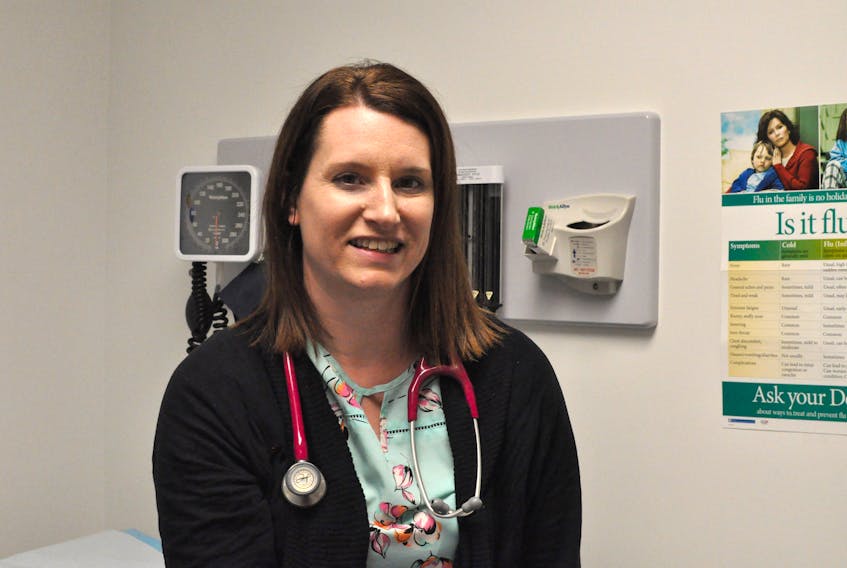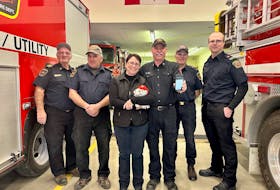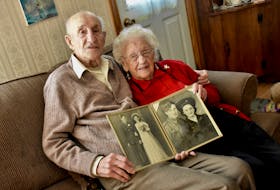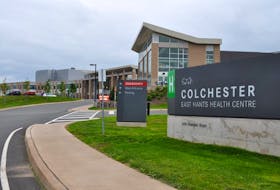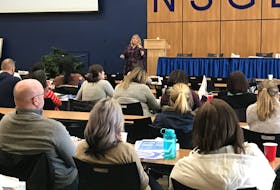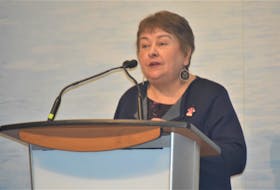CORNER BROOK, N.L. — There’s a feeling of isolation among a lot of family doctors — not being connected to each other, not being connected to the health authority and not being involved in decision making.
“Just siloed really,” describes Corner Brook physician Dr. Shanda Slipp.
As on-the-ground health care providers, they see and hear the issues impacting patient care, like long wait times for referrals to specialists and other services.
Add to that the stresses of the job, the complexity of patients and the administrative aspect of running a practice, they can quickly burn out.
“It’s getting harder to do what we used to do,” said Slipp.
“So, it only makes sense to involve us in the solutions, but it’s actually new and novel to do that.”
One means is through family practice networks.
Slipp is chair of the Long Range Family Practice Network. The group was incorporated as a non-profit board about a year and half ago and has 55 members, all family doctors from the region covered by the Western Regional Health Authority.
The network, one of four in the province, is an initiative of the Family Practice Renewal Program, a joint partnership of the provincial government and the Newfoundland and Labrador Medical Association. Funding for the program goes into system improvements.
“The unique thing about that is that family doctors are driving a lot of the initiatives and a lot of the ideas and programs,” she said.
“We all have complaints and we all have things that frustrate us day in and day out, but being able to be part of the solution I think is what brought me to this and it’s what brought a lot of the doctors.”
The main goals of the network are to share ideas and resources and to improve access to quality care for patients.
She said making system improvements and making doctors’ lives easier with easier access to tests, access to specialists or streamlining things will all help improve patient care and work-life demands.
Education for doctors is also included and the network has held events with specialists, for doctors who teach and some directed at dementia care and care for the elderly.
The network also gives family doctors a unified voice that could have greater impact drawing attention to issues of need and encouraging the health authority to work with the doctors on solutions.
Indirectly, it’s hoped the network will help with recruitment and retention.
“No one coming out of training wants to work in isolated solo practices anymore. Everyone one wants to be in groups, everyone wants to network, they want to collaborate, they want to work in teams.
“That’s what we all want to do, but the way our system is right now it’s very hard to do and it’s not really set up for that.”
[email protected]
Twitter: WS_DianeCrocker

